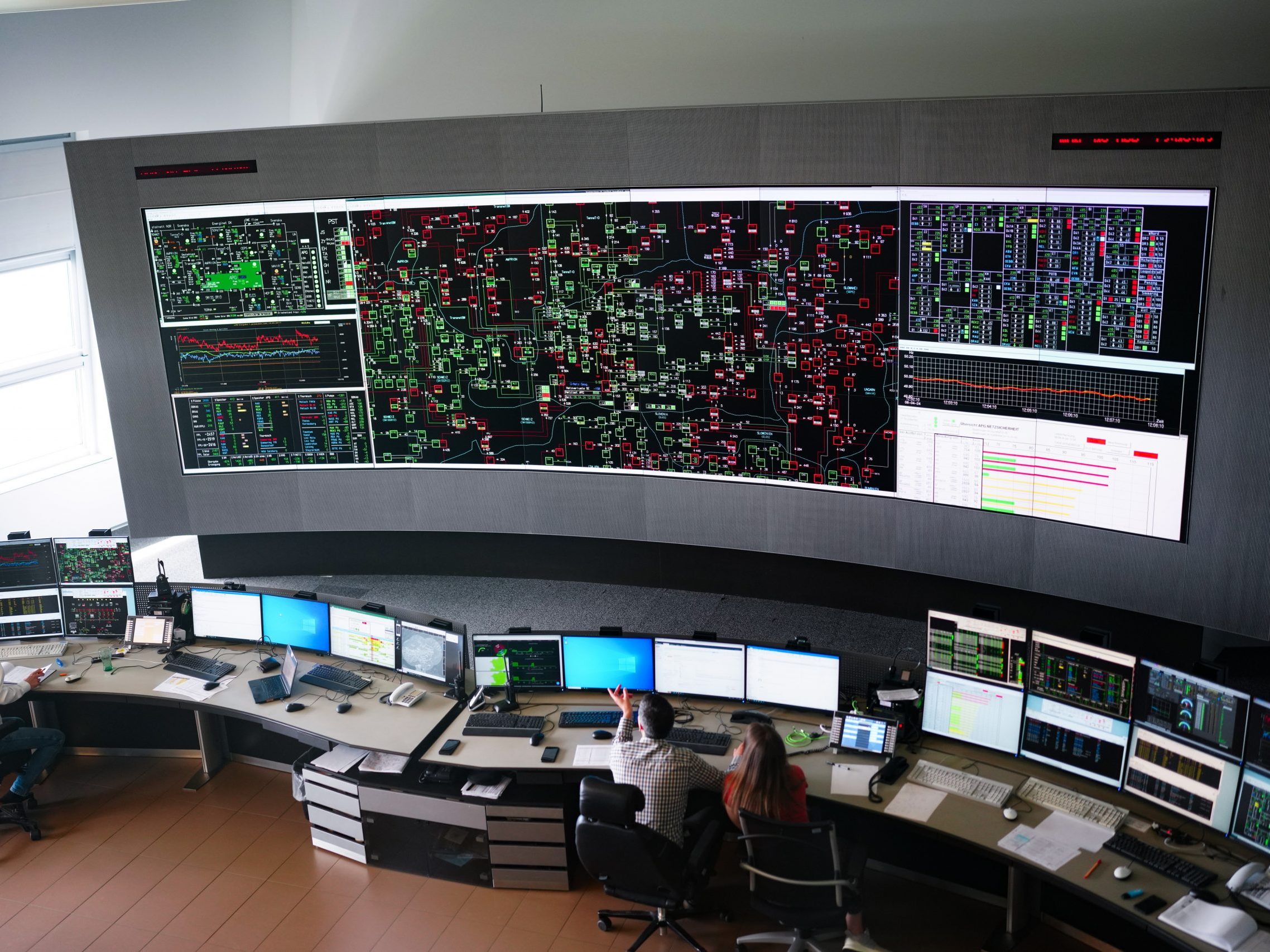After Power Outage in Vienna: How Safe is the Capital in the Event of a Blackout?

A blackout would not only paralyze traffic and households but also massively endanger critical infrastructures such as hospitals, communication, and supply systems.
Vienna is considered one of the cities with the highest supply security worldwide. The power grid of Wiener Netze achieves a reliability of 99.99 percent, thus exceeding the European average. Most power outages in Vienna are short and locally limited, often caused by external influences such as storms or construction work. On average, a power outage in the capital lasts around 90 minutes. Due to multiple secured network structures and modern, digitized transformer stations, disruptions can be quickly detected and resolved.
Difference Between Power Outage and Blackout
A regular power outage is significantly different from a so-called blackout. While a power outage is usually local and time-limited, a blackout is a large-scale, longer-lasting failure of the power grid – often across national borders. Restoring supply in the event of a blackout can take several days and represents the worst-case scenario for the infrastructure of a major city.
Crisis Management and Preparation of the City of Vienna
The city of Vienna has been specifically preparing for possible crisis scenarios for years. There are detailed crisis plans for power outages, power shortages, and blackouts. Emergency organizations and critical infrastructure areas regularly practice emergency situations to remain operational in the event of a large-scale power outage. The population is sensitized through information campaigns and checklists for self-protection.
Challenges and Limits
Despite all precautions, a blackout remains an exceptional situation that cannot be completely ruled out. The biggest challenge is to maintain the supply of critical infrastructures such as hospitals, transport, and communication. For households and businesses, the city recommends equipping themselves with emergency supplies and batteries and familiarizing themselves with the official recommendations.
Conclusion
Vienna is excellently protected against power outages and blackouts in international comparison. According to experts, the likelihood of a widespread blackout is low, yet measures are continuously being taken to be able to react quickly in an emergency. The high supply security is a decisive location advantage and significantly contributes to the quality of life in the capital.
FAQ on Power Outage and Blackout in Vienna
- Wie werden Notrufe und Rettungsdienste bei einem Blackout in Wien koordiniert? Im Falle eines Blackouts greifen spezielle Notfallpläne: Polizei, Feuerwehr und Rettungsdienste sind über eigene Notstromaggregate abgesichert und können über analoge Funkverbindungen kommunizieren.
- Wie häufig kommt es in Wien zu Stromausfällen? In Wien sind Stromausfälle sehr selten und meist kurz. Die Versorgungssicherheit liegt bei etwa 99,99 Prozent, was bedeutet, dass die Stromversorgung extrem zuverlässig ist.
- Wie bereitet sich Wien auf einen möglichen Blackout vor? Die Stadt verfügt über Krisenpläne und übt regelmäßig den Ernstfall. Kritische Infrastrukturen wie Krankenhäuser und Verkehrssysteme haben Notfallkonzepte, um auch bei längerem Stromausfall funktionsfähig zu bleiben.
- Was kann ich als Privatperson tun, um mich auf einen Stromausfall vorzubereiten? Es empfiehlt sich, Notvorräte an Wasser, Lebensmitteln und Batterien anzulegen. Außerdem sollten wichtige Geräte wie Taschenlampen und ein batteriebetriebenes Radio griffbereit sein.
- Wie lange dauert es, bis nach einem Blackout die Stromversorgung in Wien wiederhergestellt werden kann? Die Wiederherstellung hängt vom Ausmaß des Blackouts ab. Experten gehen davon aus, dass es im schlimmsten Fall mehrere Stunden bis Tage dauern kann, bis die Versorgung vollständig wiederhergestellt ist.
Important Emergency Numbers and Tips for Power Outage
- Stromnetzstörung melden: 0800 500 600 (rund um die Uhr erreichbar)
- Gas-Notruf: 128
- Fernwärmestörung: 0800 500 751
Important Rules of Conduct in an Emergency
- Bewahren Sie Ruhe und prüfen Sie, ob nur Ihr Haushalt betroffen ist.
- Nutzen Sie ein batteriebetriebenes Radio (z. B. Ö3 auf UKW 99.9) für aktuelle Informationen.
- Schalten Sie nicht unbedingt alle Geräte sofort wieder ein, um Schäden zu vermeiden.
- Rufen Sie Notrufnummern nur im lebensbedrohlichen Notfall an, um Leitungen nicht zu überlasten.
- Halten Sie Notvorräte wie Wasser, Lebensmittel und Medikamente bereit.
These measures help to stay safe and informed in an emergency.
This article has been automatically translated, read the original article here.





